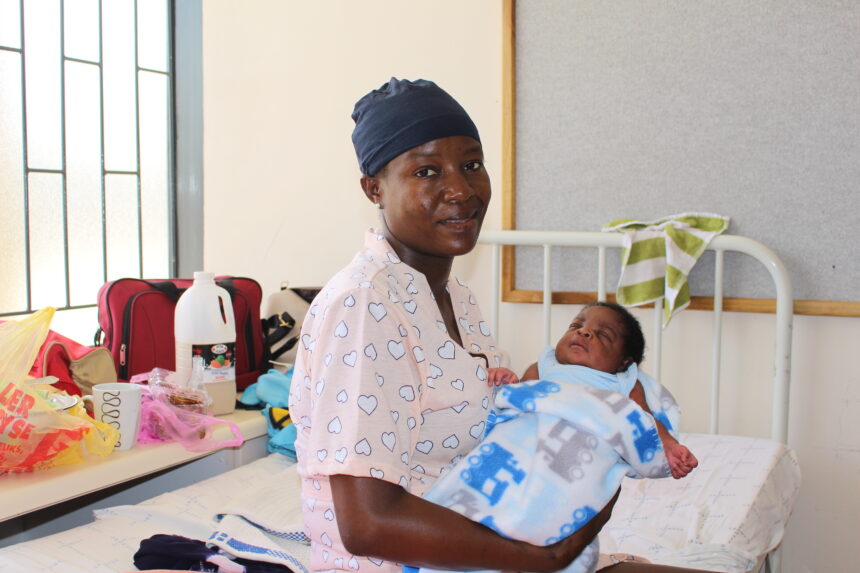Iuze Mukube
Lawmaker Winnie Mongo, one of those who were at the forefront of women’s issues, particularly around maternity benefits, has welcomed the recent Maternity Act modification announced by the government.
Part of the new provisions is that the Act extends the duration of maternity leave from 12 to 14 weeks with full basic pay.
She stated that despite it being a modest amendment, this move represents a substantial advancement for the working mother’s health and well-being.
Moongo expressed happiness that this proposal, which was presented to the National Assembly, was approved.
She said it represents a step forward in enacting policies towards a more family-orientated framework.
“Although the proposal does not encompass our full vision, our party is nonetheless dedicated to pushing for further reform down the line, as our initial proposal called for a five-month extension of paid maternity leave,” she stated.
Crucially, this would allow new mothers to spend those vital early months with their newborn babies.
Ideally, the proposal was initially enacted and spearheaded to improve maternal and infant health outcomes and to create stronger family ties.
Additionally, the Popular Democratic Movement legislator has agitated for paternity leave to be included in the national legislative framework to allow fathers to bond with their newborns and support their partners.
“We believe paternity leave is essential for promoting gender equality in caregiving roles and fostering a more balanced, inclusive family dynamic, as we believe that the family unit is the basic building block of society,” she said.
She added that supporting families is essential to the advancement of the country, and that the party shall keep working to enact legislation that upholds the importance of family stability and well-being.
Social activist Job Amupanda stated that it is indeed refreshing that the regime listened to superior logic “and to the voices that don’t seek self-serving but are on behalf of mothers who resort to all manner of methods just to bring life on earth”.
He noted that most mothers chose C-sections as a method of delivery, not because of anything but to merely get booked off on medical grounds – and not necessarily maternity.
He said C-sections lead to a limited number of births because they are told that it can only be done for a limited time.
Some of them stay at work until the last weeks before giving birth because they cannot afford to get half pay due to the many financial obligations they have.
The activist expanded on how this led to several miscarriages and other complications, including workplace conflicts, which was a tough terrain for most of them.
He noted that while “we are grateful, it is important that we are fighting for all Namibian working women, and not just those working in government. Since we have now succeeded with those who are working in government, we will push for a law that will apply to the private sector as well. Government doesn’t exist only for government employees but for all working women”.
Contrary to Moongo’s welcome, other activists attributed the announcement of maternity leave extension to election propaganda.
Gender activist Pauline Demper said she normally does not get too excited, especially when such announcements come on the eve of elections or during an election year.
“It is very difficult to follow up also to see how and by what time or juncture such announcements become a policy that would guide employees and employers. Thinking is good, but [it] lacks content,” she continued.
Similarly, Ngamane Upi-Karuaihe, a gender activist, characterised the announcement of maternity leave as election fever.
“It’s election fever because, from an objective view, the government has announced a lot of things in the last few weeks that favour certain people. Is this one of those things, a ploy to wow the people to vote for the government?” he said.
The activist was fervent in his doubts about the necessity of extending maternity leave with full benefits when the country is grappling with other pressing issues, including drought and the high unemployment rate.
He also enquired about the Social Security Commission’s take on the issue and the source of budgeting for this extension.
“Maternity is good, but where is paternity? And again, now you are extending maternity, but we still have women, especially in the north, sleeping in the open, sleeping in tents while they are waiting for delivery dates,” implored Upi-Karuaihe.
-mukubeiuze@gmail.com


